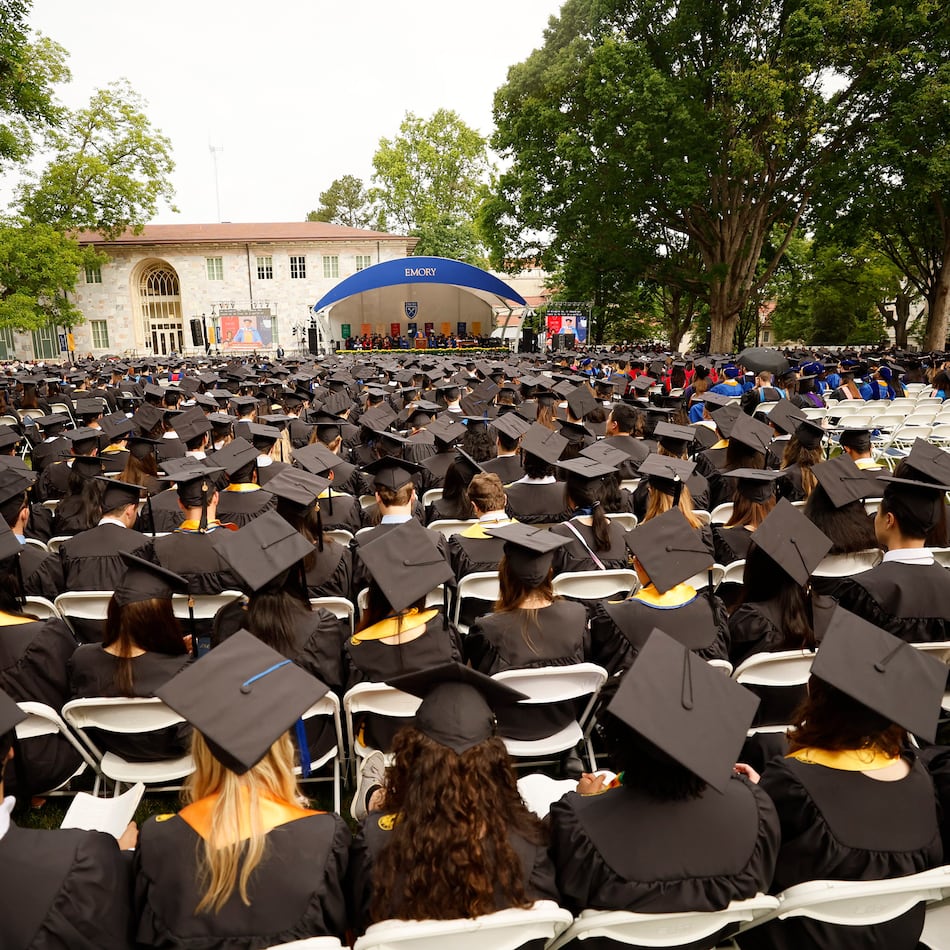Georgians won’t be able to say this year whether they’re willing to support the arts with a small share of sales tax.
That idea, coming in a session that generated headlines about state funding of the arts, died Thursday night in the final minutes of the 2010 Georgia General Assembly.
House Bill 335 would have enabled every county in Georgia to put up for referendum a fractional sales tax of up to 1 cent for arts and culture, including zoos and other nonprofit attractions, and economic development initiatives.
The bill had passed out of conference committee earlier Thursday and was approved by the Senate around 11:45 p.m. But when it hit the House floor at 11:30 p.m., it drew an immediate objection. The legislation had not been on representatives' desks for an hour, as House rules require, and the midnight deadline for all votes was rapidly approaching.
With that, a bill that had moved quietly since being introduced in early February, but that nonetheless held big implications for Georgia's struggling $722 million arts industry, crashed.
Supporters had high hopes for the legislation, which they said would supplement chronically weak public funding for arts and culture in Atlanta and Georgia. One model for it was Salt Lake County's Zoo, Arts and Parks (ZAP) Tax, which distributed more than $11.25 million to 158 cultural groups in the Utah capital in 2009 from a penny tax on every $10 spent.
"It’s a terrible disappointment," Georgia Humanities Council president Jamil S. Zainaldin said of the bill's failure. "At time when the arts are taking a hit in Georgia, we would’ve had the satisfaction of knowing that we could explore new funding initiatives that would help pull communities together."
Flora Maria Garcia, CEO of the Metro Atlanta Arts & Culture Coalition (MAACC), which advocated for the bill along with Friends of Arts & Culture -- a statewide grassroots group of civic, arts and business leaders -- said she was "momentarily disappointed" but vowed the effort was just starting.
"There’s only, what, 224 days until the next session, and transportation’s taken four years," Garcia said. "We’ve gotten very far in one year with very innovative legislation, and it was really remarkable to us how much support there was in the legislature for this."
The bill encountered late issues in the House on Thursday, and MAACC had supporters e-mailing Rep. Jan Jones (R-Alpharetta) and others. Friday Jones said there were "a lot of concerns in caucus," ranging from potential "sales tax fatigue" among taxpayers, to the prospect of ceding the power to call for a referendum to an arts entity, to the question of who would be liable if a funded arts group defaulted.
Earlier, amid heavy budget slashing on Crossover Day, the House voted to eliminate funding for the Georgia Council for the Arts. The Senate Appropriations Committee later restored $890,735, attempting to ensure that the GCA would retain matching funds from the National Endowment for the Arts. The GCA budget was then cut to $790,735 in conference committee this week.
The private Georgia Humanities Council, meanwhile, received $50,000. That appropriation allows the council, operating with a $1.4 million budget this year, to leverage state funds with federal and private dollars.
There’s only, what, 224 days until the next session and transportation’s taken four years. We’ve got very far in one year with very innovative legis and it was really remarkable to us how much support there was in the leg for this.
About the Author
The Latest
Featured
